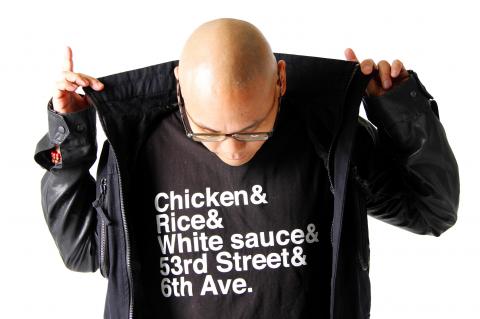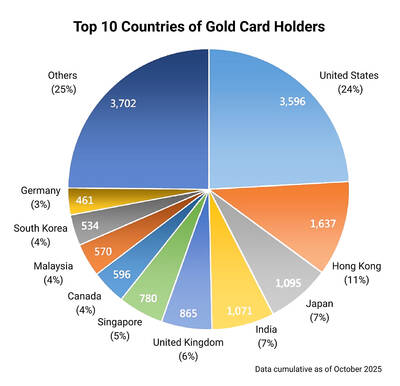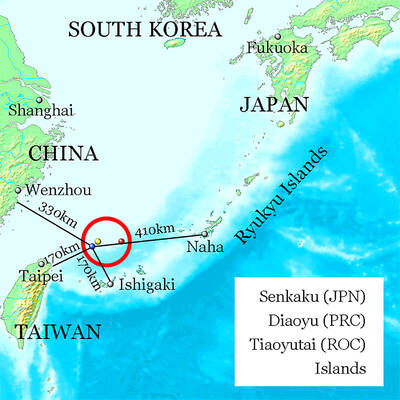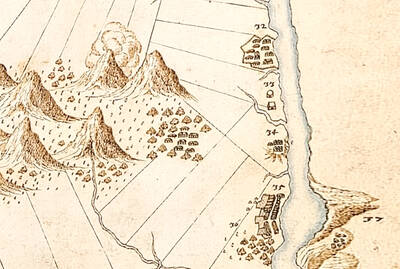You could say that DJ Neil Armstrong (real-name Neil Rodriguez) went to the moon, as far as deejaying goes. He spent two years touring with Jay Z and for a lot of hip-hop DJs, this career peak would be the final destination. But for him, it was just a stepping-stone on the journey into the future.
But in the meantime, it was the opportunity of a lifetime and planted him on stage with other artists like Beyonce, secured him an appearance on Letterman, and even a spot on the bill for US President Barack Obama’s 2009 inauguration party. It sounds far-fetched, the US president throwing a hip-hop party, but DJ Neil Armstrong says the connection is simple. Hip-hop has come a long way from when it first surfaced in the underbelly of America’s inner cities, today permeating people’s lives from fashion to the manner in which people speak about politics.
It was during that earlier time when hip-hop was just starting as a turntablist subculture that DJ Neil Armstrong started breathing music.

Photo courtesy of Jane Music Group
“Back in the day we just did routines and performance and the object was that I wanted everyone to stop and watch me. These days it’s not just about me, it’s about the crowd and the party,” he said.
Around the same time, he began creating mixtapes and the project ended up spawning an entire culture. While you can think of them as just another downloadable set of mashups, they are curated in a way that they actually take listeners back to a time where mixtapes were made as a reflection of life and given out for love. DJ Neil Armstrong spends anywhere from three weeks to two years researching music for his mixtapes so that it all goes together like a puzzle. It starts with a theme, he says, and then the rest just follows.
Having also spent a year as the global ambassador for Adidas, deejayed for the NBA, and played for hundreds of thousands of people at festivals like Glastonbury, he is impressively humble. DJ Neil Armstrong stays grounded by reminding himself that at the end of the day, he is just playing music.
“You have to keep it in perspective. There are people out there saving lives. There are people fighting in wars, and people shaping the global economy. I play a small part in making the world a better place, and I need to always be grateful for that,” he says.
And that’s why he has no qualms with stepping off the big stage and into the small clubs of Taipei. Whether it’s for 10,000 people or 50, DJ Neil Armstrong says that making people dance to good music is his job and both situations give him the same feeling of satisfaction.
He’s also looking forward to the food in Taipei, which he says he loves. In fact, whether at home or on tour, DJ Neil Armstrong is always snapping pictures of his food and even contributes to a food blog (pommedesgarcons.com).
■ DJ Neil Armstrong plays tomorrow at the final Oasis Pool Party, noon to 7pm at the Grand Hyatt Taipei, 2 Songshou Road, Taipei City (信義區松壽路2號). Tickets are available at the door only and are NT$300 for women and NT$500 for men before 1pm; NT$700 after. All admissions include a drink. For more information, call 0917-840-519. He later plays the official after party from 9pm to 3am at LMNT, 28 Songshou Rd, Taipei City (台北市信義區松壽路28號). Admission is free but there is one drink minimum.

Seven hundred job applications. One interview. Marco Mascaro arrived in Taiwan last year with a PhD in engineering physics and years of experience at a European research center. He thought his Gold Card would guarantee him a foothold in Taiwan’s job market. “It’s marketed as if Taiwan really needs you,” the 33-year-old Italian says. “The reality is that companies here don’t really need us.” The Employment Gold Card was designed to fix Taiwan’s labor shortage by offering foreign professionals a combined resident visa and open work permit valid for three years. But for many, like Mascaro, the welcome mat ends at the door. A

Last week gave us the droll little comedy of People’s Republic of China’s (PRC) consul general in Osaka posting a threat on X in response to Japanese Prime Minister Sanae Takaichi saying to the Diet that a Chinese attack on Taiwan may be an “existential threat” to Japan. That would allow Japanese Self Defence Forces to respond militarily. The PRC representative then said that if a “filthy neck sticks itself in uninvited, we will cut it off without a moment’s hesitation. Are you prepared for that?” This was widely, and probably deliberately, construed as a threat to behead Takaichi, though it

Nov. 17 to Nov. 23 When Kanori Ino surveyed Taipei’s Indigenous settlements in 1896, he found a culture that was fading. Although there was still a “clear line of distinction” between the Ketagalan people and the neighboring Han settlers that had been arriving over the previous 200 years, the former had largely adopted the customs and language of the latter. “Fortunately, some elders still remember their past customs and language. But if we do not hurry and record them now, future researchers will have nothing left but to weep amid the ruins of Indigenous settlements,” he wrote in the Journal of

If China attacks, will Taiwanese be willing to fight? Analysts of certain types obsess over questions like this, especially military analysts and those with an ax to grind as to whether Taiwan is worth defending, or should be cut loose to appease Beijing. Fellow columnist Michael Turton in “Notes from Central Taiwan: Willing to fight for the homeland” (Nov. 6, page 12) provides a superb analysis of this topic, how it is used and manipulated to political ends and what the underlying data shows. The problem is that most analysis is centered around polling data, which as Turton observes, “many of these